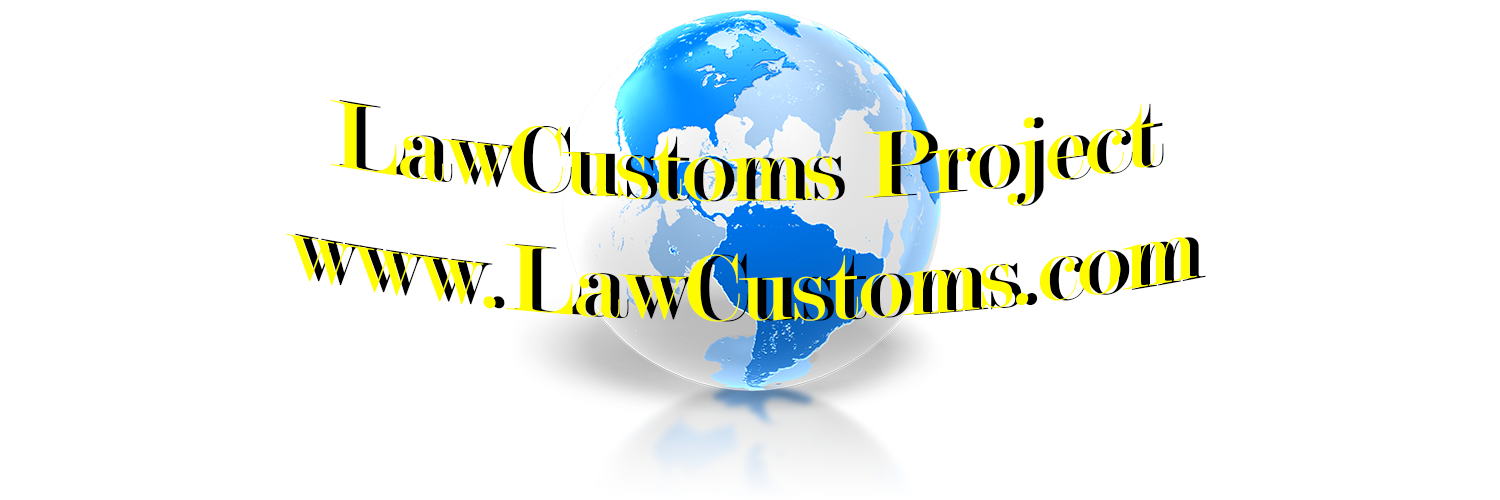 International Trade Community should pay close attention to seemingly vague but very important documents to which administrative agencies must adhere. Animal and Plant Health Inspection Service of United States Department of Agriculture (APHIS) yesterday’s bulletin notice is one such reminder. Since Customs and Border Protection (CBP) works very closely with APHIS, these policies should have direct influence on CBP decision-making process also. On the surface, APHIS bulletin notice – Alternatives to Rulemaking – calls APHIS to adopt a practice that CBP has established for sometime under its ruling system. I invite readers to dive a little deeper into APHIS publication and make it part of a professional toolbox.
International Trade Community should pay close attention to seemingly vague but very important documents to which administrative agencies must adhere. Animal and Plant Health Inspection Service of United States Department of Agriculture (APHIS) yesterday’s bulletin notice is one such reminder. Since Customs and Border Protection (CBP) works very closely with APHIS, these policies should have direct influence on CBP decision-making process also. On the surface, APHIS bulletin notice – Alternatives to Rulemaking – calls APHIS to adopt a practice that CBP has established for sometime under its ruling system. I invite readers to dive a little deeper into APHIS publication and make it part of a professional toolbox.
When administrative agency takes regulatory action – such as liquidation of entry with increased duties by CBP – the affected party may need more time to rebut CBP’s determination. At the same time, that party may not prefer to resolve this issue at post-liquidation stage (e.g. protest, litigation). While regulatory framework provides for extension of time for liquidation at importer’s request, importer is required to demonstrate “good cause.” Notion of “good cause” revolves around facts (usually case specific). APHIS Alternatives to Rulemaking article is a friendly reminder that “good cause” can also revolve around the law. The article specifically mentions Executive Order 13563, which establishes an analytical framework for administrative agencies in their decision-making process. EO 13563 is a treasure trove for any member of the community, because it is a tool to ask for favorable review, while citing the President of the United States:
- Regulatory system must promote “economic growth, innovation, competitiveness, and job creation”;
- Regulatory system must promote “must promote predictability and reduce uncertainty”;
- Regulatory system “must identify and use the best, most innovative, and least burdensome tools for achieving regulatory ends”;
- Regulatory system “must take into account benefits and costs, both quantitative and qualitative”;
- Regulatory system “must measure, and seek to improve, the actual results of regulatory requirements”;
- Agency, such as CBP “in choosing among alternative regulatory approaches, those approaches that maximize net benefits”;
- Agency must “to the extent feasible, specify performance objectives, rather than specifying the behavior or manner of compliance that regulated entities must adopt”;
- Agency must “identify and assess available alternatives to direct regulation, including providing economic incentives to encourage the desired behavior, such as user fees or marketable permits, or providing information upon which choices can be made by the public”;
- Each agency “may consider (and discuss qualitatively) values that are difficult or impossible to quantify, including equity, human dignity, fairness, and distributive impacts”;
- Each agency “shall identify and consider regulatory approaches that reduce burdens and maintain flexibility and freedom of choice for the public. These approaches include warnings, appropriate default rules, and disclosure requirements as well as provision of information to the public in a form that is clear and intelligible.”
Asking CBP (or any other) officer to “consider flexibilities within existing regulations” citing Alternatives to Rulemaking and to rely on EO 13563 pronouncements, members of intentional trade community are providing that officer with a legal cover that s/he may need to issue an outcome that suits both parties.
